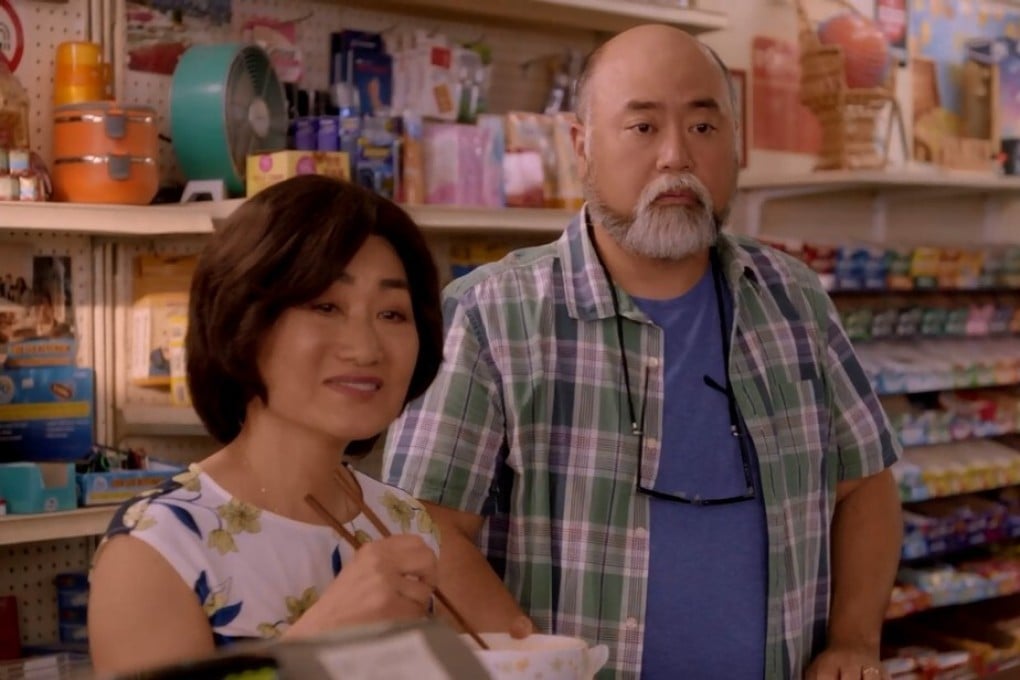What a view | Kim’s Convenience on Netflix shows how immigration is a two-way street
The cultural-assimilation comedy avoids sterotypes to reset mindsets about both the immigrant story and those of weird locals

That’s where “Appa” Kim (Paul Sun-Hyung Lee) has been marooned by his career of choice, but without having to boldly go anywhere he discovers all sorts of strange life forms: photography students, homosexuals, Christians, a gender-neutral customer, a West Indian woman … all baffle the irascible but well-meaning Mr Kim, a Korean transplant to Toronto, Canada, and his God-fearing wife, “Umma” (Jean Yoon), who is only slightly less 1950s in her attitudes than her husband.
Kim blunders through one boneheaded misconception after another while giving only mild, unintentional offence as he inadvertently skewers the politically correct sacred cow of the day.
A comedy of cultural assimilation, Kim’s Convenience avoids easy stereotypes to show that immigration is a two-way street: the natives graciously accept, eventually, while the second-generation imports adapt, quickly. Their parents take a little longer.
Drop by Kim’s and join the fun … at your convenience.
